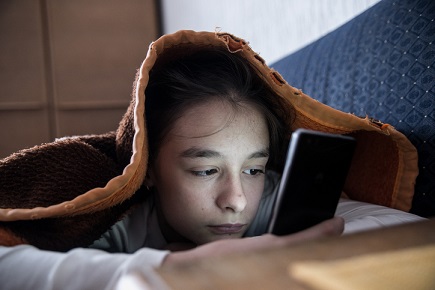
There are calls for “urgent reforms” to Australia’s education system following revelations of widespread bullying against children with a disability.
A national survey by Children and Young People with Disability Australia (CYDA) found that more than 56% of students with disabilities had experienced bullying over a 12-month period.
The survey reveals these students are experiencing a range of physical and psychological bullying from other students, and in some cases have even been told to take their own lives.
In March, the NSW Government declared support for all 39 recommendations of the Parliamentary Inquiry into education for students with a disability.
However, the government fell short of fully supporting two key recommendations, including that the government urgently implement the NSW Ombudsman's proposals in its Inquiry into behaviour management in schools.
The Ombudsman’s report asks for fundamental change not just in schools but in the department’s own systems – a measure that Stephanie Gotlib, the chief executive of (CYDA), says is urgent.
“We need to look at better pre and post qualification training for all educators,” Gotlib told the ABC, adding that numerous reports from families show that teachers aren’t resourced well enough and don’t have the expertise required to meet the diverse needs of their students.
According to Gotlib, problems become further compounded for these children when their needs were not properly addressed.
“That's when we see this spiraling of issues,” she said.
“The victim becomes more and more unhappy and doesn't want to go to school and the school response might be that the student doesn't belong here.”
Gotlib said about one-fifth of the survey respondents also reported they had experienced restraint and seclusion at school.
“I've known children who have been put in a separate cupboard-like classroom, and that's a regular part of their school,” she said.
Gotlib said seclusion and bullying could harm the self-esteem and emotional well-being of children.
“If children with disability get embedded in them from the get-go that there are low expectations, they take on low expectations for themselves. Their visions for their own futures are incredibly altered and damaged," she said.
Related stories:
Govt flags more support for children with a disability
‘Children should be the focus of 2018’


